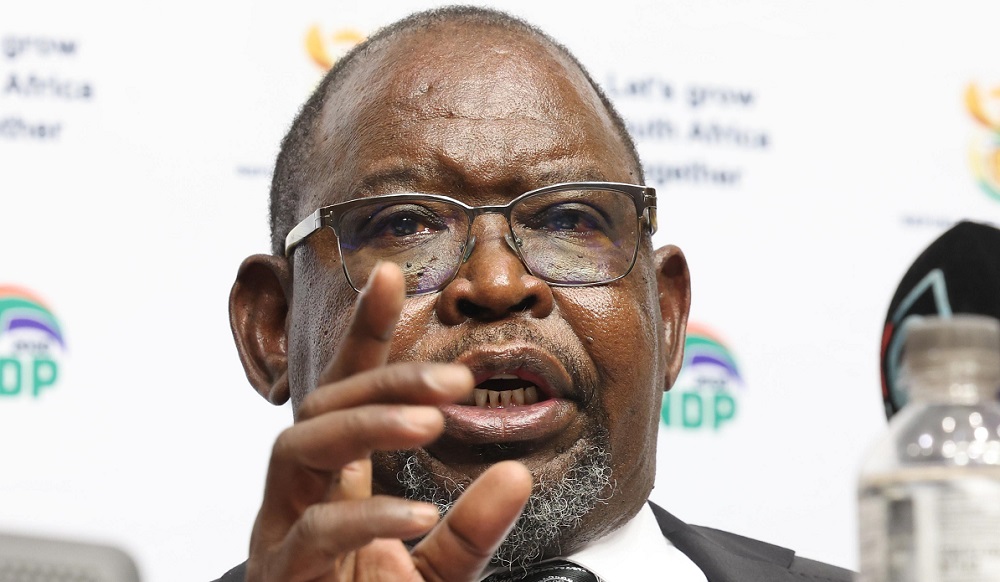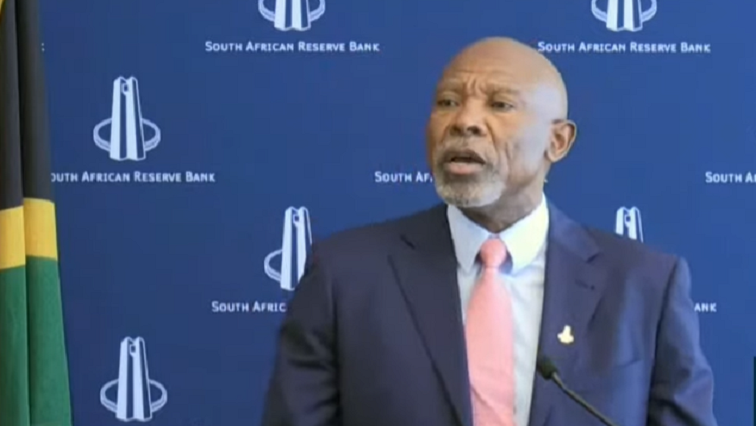-
Finance Minister Enoch Godongwana during a media briefing.
Senior Policy Specialist Neil Coleman has called on Finance Minister Enoch Godongwana to resign for misleading the country.
Godongwana has been criticized for suggesting reducing the COVID-19 Social Relief of Distress (SRD) grants or raise the Value Added Tax (VAT).
This issue has dominated public conversation, with the impending Budget Speech on Wednesday receiving a lot of attention.
The SRD grant was first implemented in 2020 as a short-term solution to assist citizens who were at financial risk during the COVID-19 pandemic. The government has had to pay over R35 billion a year for this initiative.
Coleman argues that the SRD grants should not be used to justify a two percentage point VAT increase.
“What they’re doing is to put one issue facing the poor against another group of the poor, which is to say either you get your over 8 million SRD grants every month to stay off hunger and poverty, or you accept VAT increase. Otherwise we’ll do away with the grants, if you don’t accept the VAT increase. Both of these things, withdrawing the grant or increasing VAT, as we know, would be extremely anti-poor. It’s a form of blackmail,” says Coleman.
Budget 2025 anticipation:
Meanwhile, COSATU says it hopes that Godongwana will not resort into austerity measures when tabling the 2025 budget. The labour federation says this has put a lot of strain on the lives of the workers.
Parliamentary Coordinator, Matthew Parks elaborates, “COSATU hopes that on Wednesday that (during) the Budget Speech in Parliament the government will rise to the occasion, that they will avoid the return to the extreme of the austerity budget cuts, which have really crippled public services that workers and the economy depend on. But it will also avoid the temptation to increase the VAT or personal income taxes, which will hurt the poor. We need to find a progressive common sense approach to go forward to adjust unemployment rate by 4 to 1% employment rate; 1% economic growth and declining public services state-owned enterprises and municipalities.”






